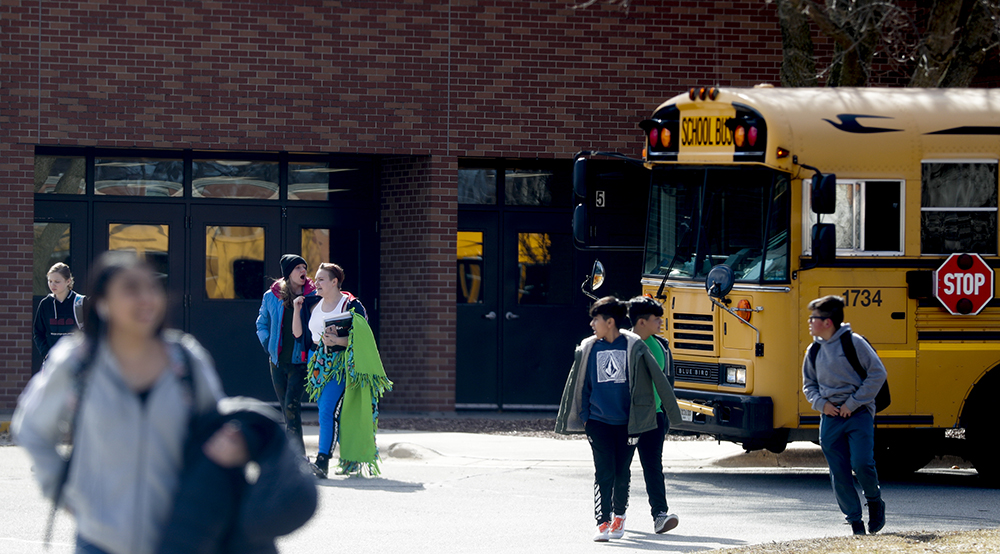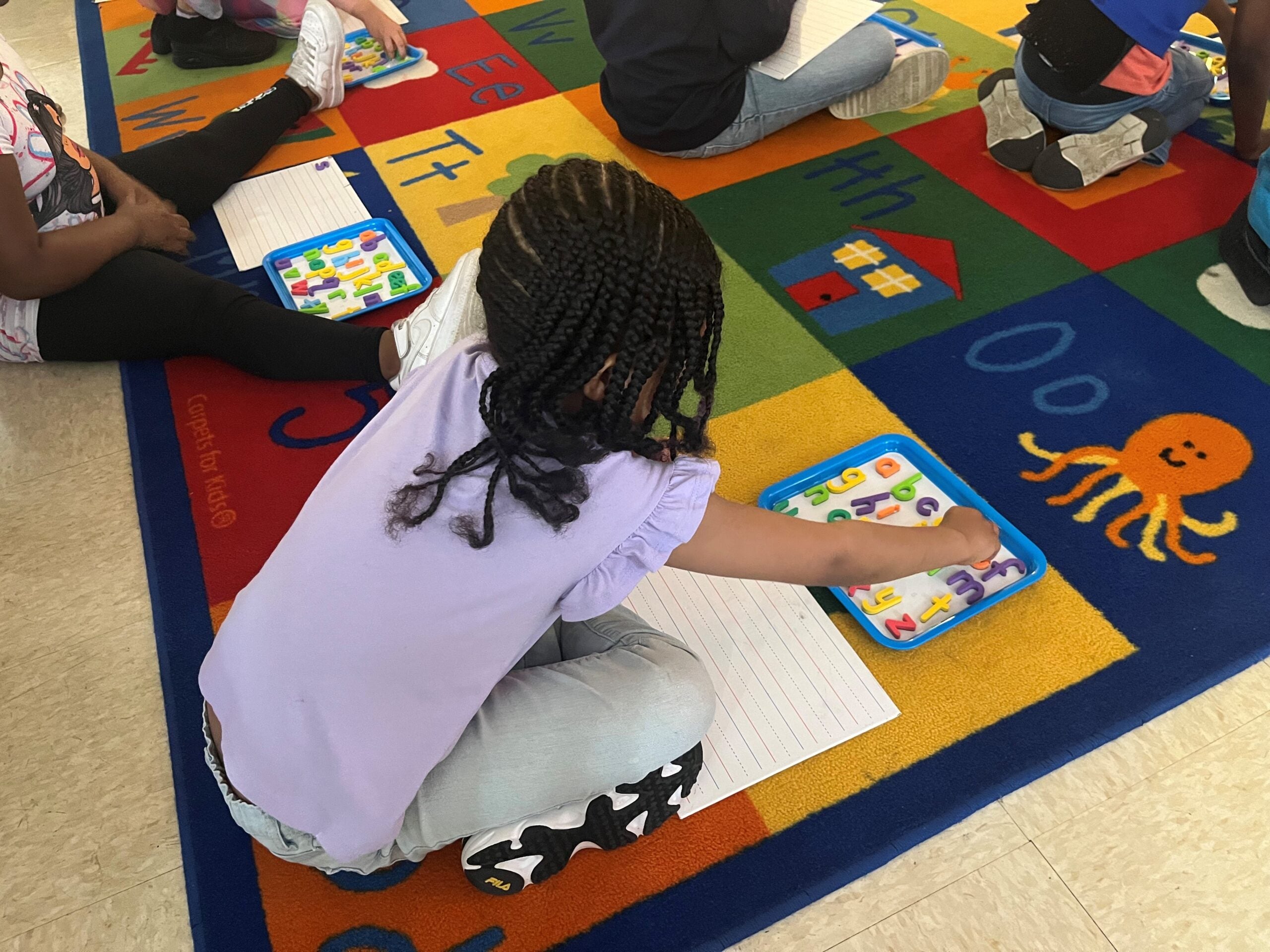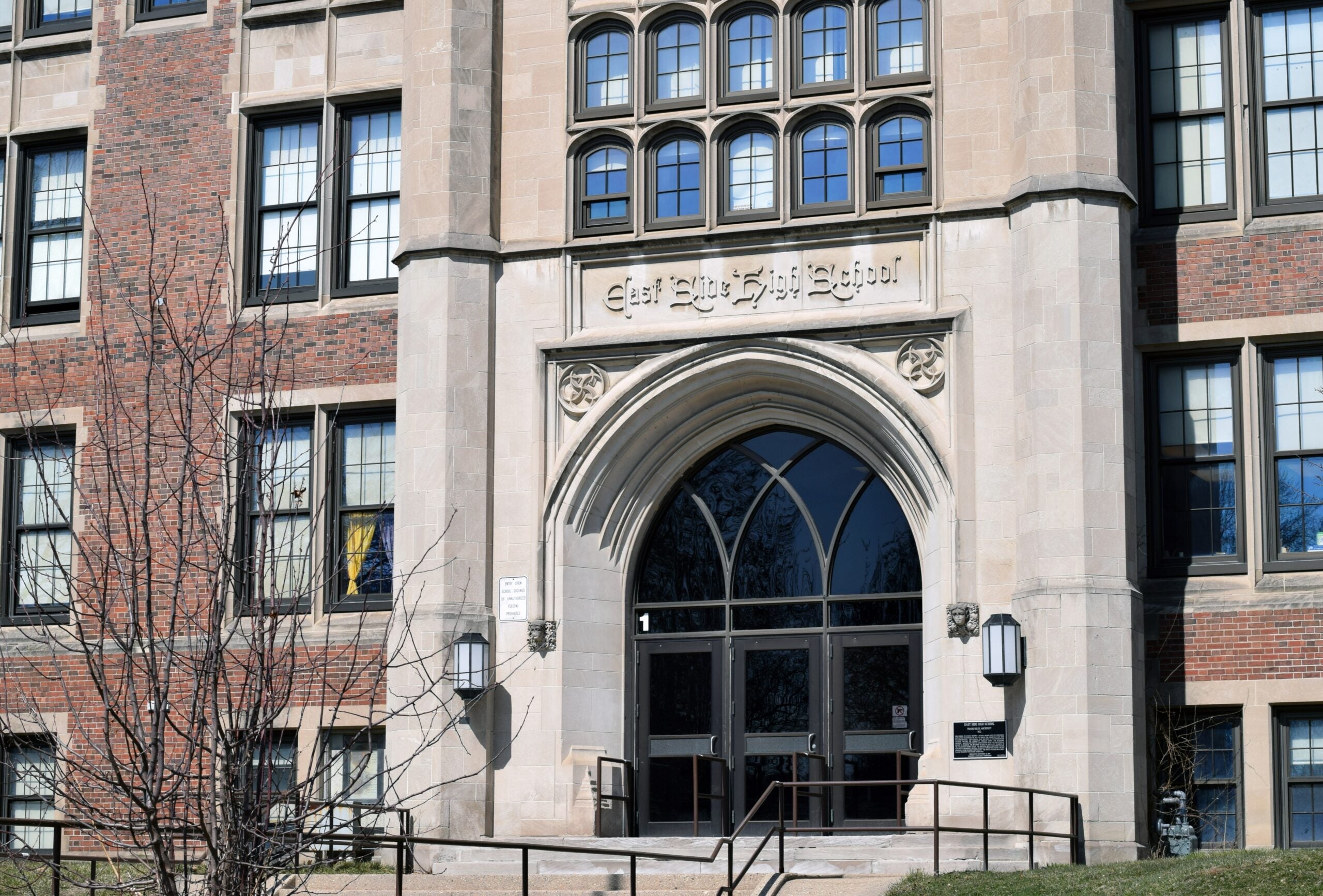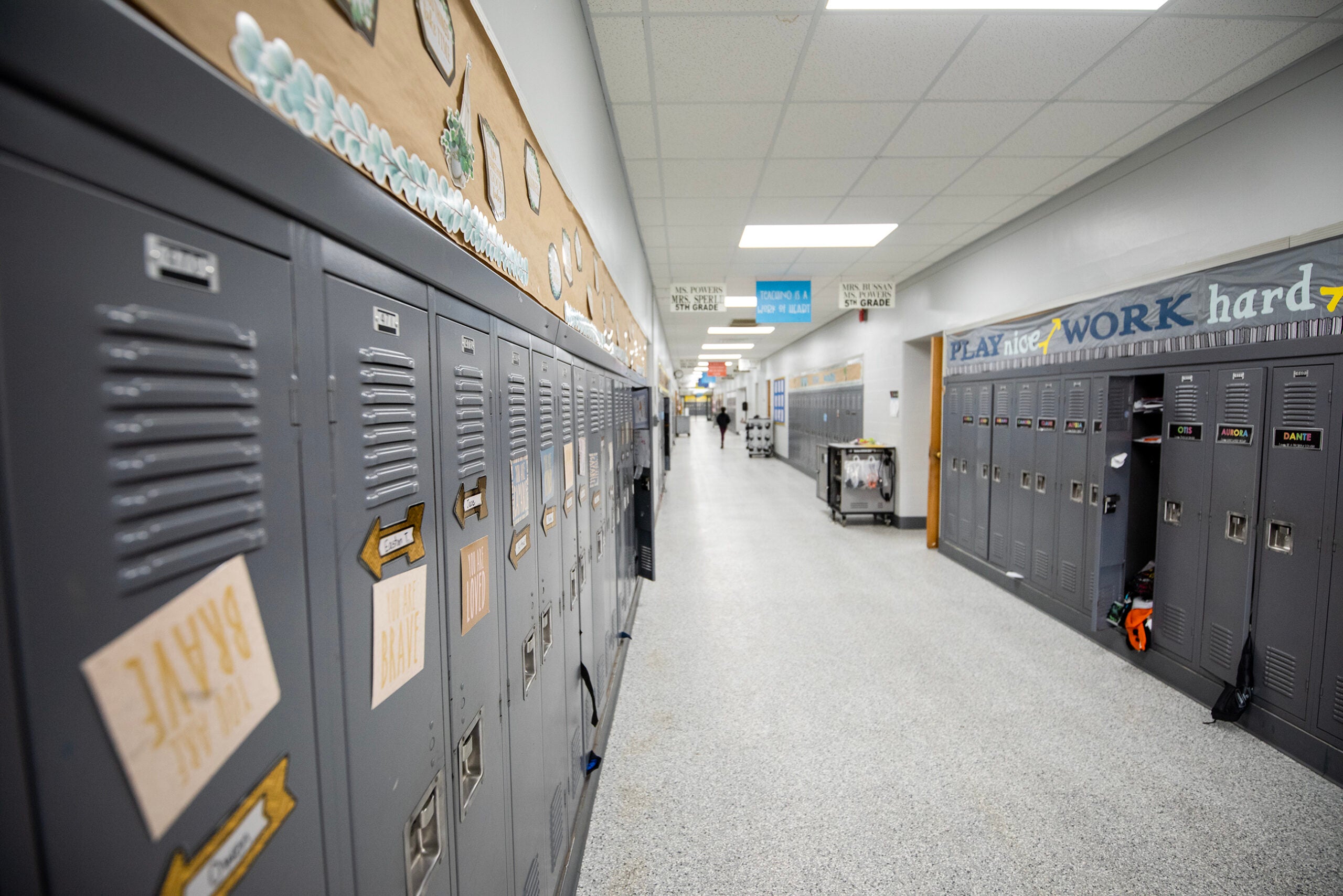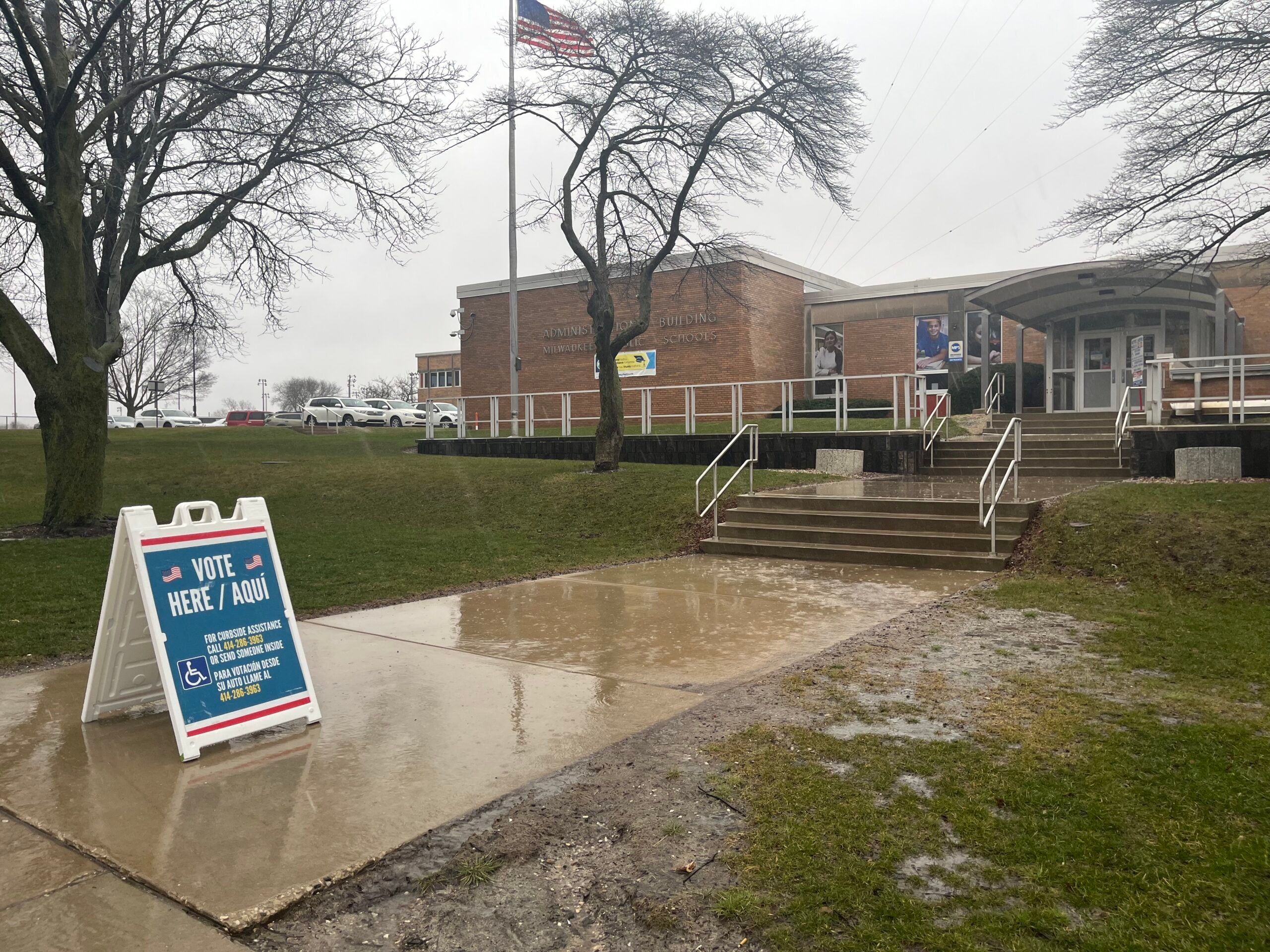All eyes were on Wisconsin April 1, when voters chose the next state Supreme Court Justice. But in lesser known contests across the state, Wisconsin saw another unprecedented round of school referendums on the ballot.
Voters approved about 55 percent of the 89 referendums across the state, leaving 45 percent of districts now scrambling to figure out what’s next.
“Our schools are stretched to their limits, being asked to do more with fewer resources,” State Superintendent Jill Underly said in a statement. “This is a challenge that affects every corner of Wisconsin. To make up for state underfunding, districts are increasingly turning to local communities to raise property taxes, which is simply not sustainable.”
News with a little more humanity
WPR’s “Wisconsin Today” newsletter keeps you connected to the state you love without feeling overwhelmed. No paywall. No agenda. No corporate filter.
Fond du Lac School District Superintendent Jeffrey Fleig said the community’s failure to support its operational referendum will mean major cuts.
The district has to reduce expenses by $7.5 million next year. With staffing making up the majority of the budget, Fleig and the school board are looking at cutting between 80 and 100 positions.
Enrollment in Fond du Lac is declining. Currently, there are about 6,400 students in the district with the same staffing numbers as when there were 7,200 students just a few years ago.
Fond du Lac is one of only two school districts in the state to return to pre-pandemic learning levels in math, according to the Education Recovery Score Card at the Center for Education Policy Research at Harvard University.
“We’ve seen some great results as a result of our investments, especially in our student achievement,” Fleig said. “But some of the stuff is is not to be able to continue. That’s OK. The community gave us feedback.”
Number of districts going to operational referendum has increased
Since February 2024, Wisconsin voters have been asked 210 times to approve an operating referendum, which allows districts to raise their tax levy in order to fund day-to-day operations.
Of those, 131 have passed, said Ari Brown, a senior researcher with the Wisconsin Policy Forum.
When the referendums fail, district’s typically go back and ask voters a similar question within two years, Brown said.
“A majority of the time when they go back to referendum, those referenda at some point pass,” Brown said. “It might not be on the first retry, but eventually they will retry and pass.”
Brown said school districts know when to go to referendum and how much to ask for. Since 2009, there has not been a year when more referenda failed than passed, Brown said.
“They are not going to ask their voters to raise their own property taxes just because,” Brown said. “These are real pressures that they’re facing. They do not want to ask for things that are extraneous.”
A failed referendum in Wausau will also mean tough decisions for the school district. Superintendent Cale Bushman said no firm decisions have been made yet. But in a letter to parents and the community, he said the goal is to have the “least impact on student, staff, and community experiences.”
Wausau schools were asking for a five-year operational increase of $8 million. Due to the financial situation, the district will have to consider staffing reductions, reducing course offerings and reducing funding for activities and athletics.
For the third straight year, voters rejected the School District of Beloit’s request for more operating funds.
This time, Beloit asked for an additional $40.2 million in revenue over three years. It failed by just 141 votes.
When Beloit’s referendum failed in April 2024, the district cut $11.8 million, which included staffing and benefits.
During an interview with WPR before this year’s referendum, Beloit Superintendent Willie Garrison II said the money was needed to close a more than $6 million deficit and maintain the current staffing and services.
“I’ll be honest with you, where am I going to find $6 million or more?” Garrison said. “We’re getting less from the state and we’re getting less from the city. That’s why people go to referendum. The cost to educate the kids is still there.”
Wisconsin Public Radio, © Copyright 2026, Board of Regents of the University of Wisconsin System and Wisconsin Educational Communications Board.

